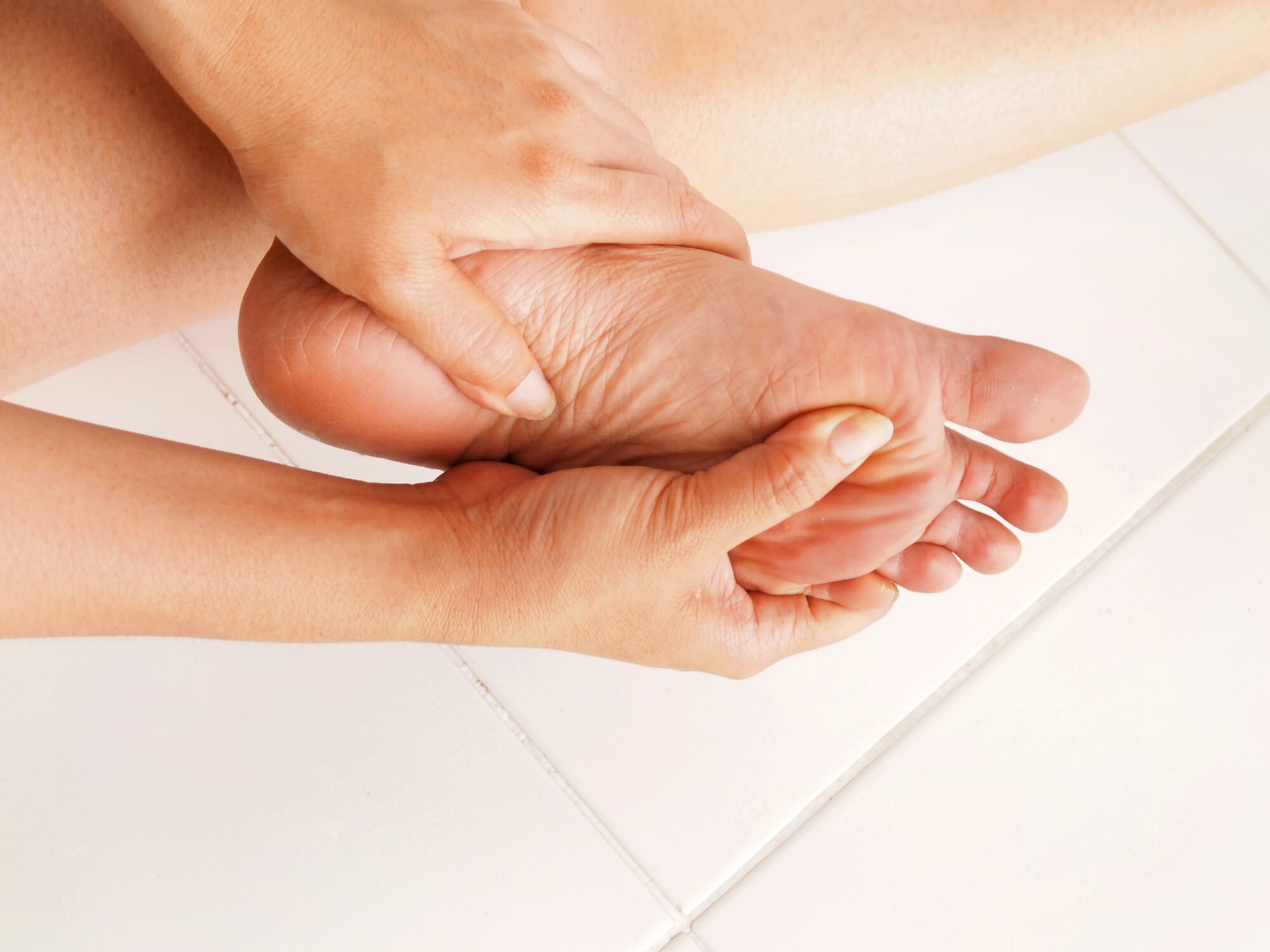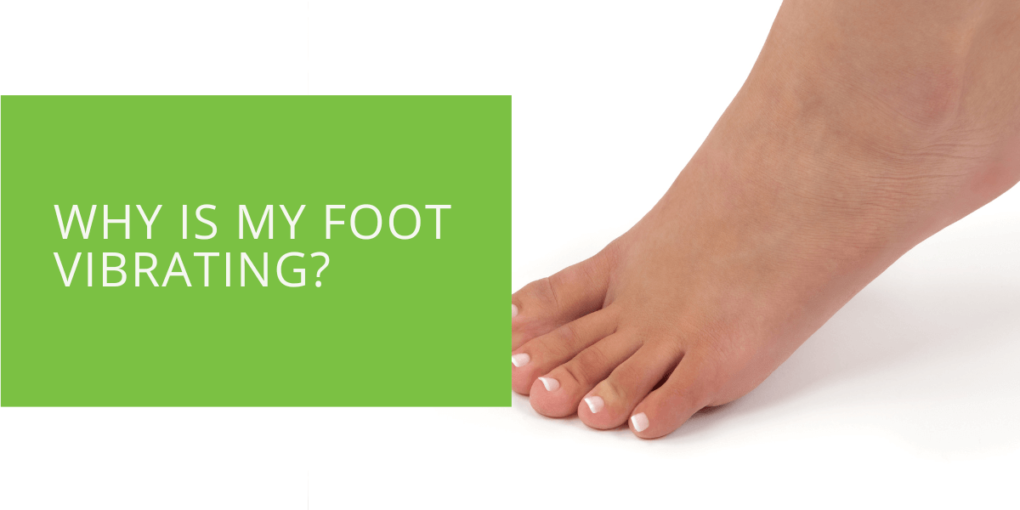Why Is My Foot Vibrating? Pallesthesia Guide
Have you ever experienced a sensation of vibration in your feet? If so, you're not alone. This sensation, known as pallesthesia, can be alarming and may cause concern about underlying health issues. In this article, we'll explore the potential causes of vibrating in the feet and discuss treatment options and prevention measures.
What Causes Vibrating in The Feet?
There are several potential causes of vibrating sensations in the feet. Some of the most common include:
- Peripheral neuropathy: Peripheral neuropathy is a condition that occurs when the nerves that carry messages to and from the brain and spinal cord are damaged. This can lead to a variety of symptoms, including numbness, tingling, and vibrating sensations in the feet.
- Restless leg syndrome: This is a condition that causes an irresistible urge to move the legs, often due to uncomfortable sensations such as tingling, crawling, or vibrating. Restless leg syndrome is often worse at night and can disrupt sleep.
- Pinched nerve: A pinched nerve can occur when there is pressure on a nerve, disrupting the normal transmission of signals. This can lead to tingling, numbness, and vibrating sensations in the affected area.
- Diabetes: Diabetic neuropathy is a type of nerve damage that can occur in people with diabetes. It can cause a variety of symptoms, including vibrating sensations in the feet.
- Medication side effects: Some medications, such as antidepressants and anti-seizure drugs, can cause tingling and vibrating sensations as a side effect.

What Causes Pallesthesia?
Pallesthesia, is a term used to describe abnormal sensations in the skin, such as tingling, numbness, or the feeling of "pins and needles." These sensations can be caused by a variety of factors, including nerve damage, poor circulation, and pressure on the nerves.
Pallesthesia can be a symptom of a variety of underlying conditions, including multiple sclerosis, diabetes, and vitamin deficiencies. In some cases, pallesthesia may be caused by injuries or surgeries that damage the nerves.
How Is Pallesthesia Treated?
The treatment for pallesthesia depends on the underlying cause. In some cases, the condition may resolve on its own with time. However, if the cause is a treatable condition, such as diabetes or a vitamin deficiency, addressing the underlying issue can help resolve the abnormal sensations.
If the cause of pallesthesia is a pinched nerve or nerve damage, treatment may include medications to reduce inflammation, physical therapy, and in some cases, surgery to alleviate pressure on the nerve.
How Can I Prevent Pallesthesia?
There are several steps you can take to reduce your risk of developing pallesthesia:
- Practice good diabetes management: If you have diabetes, it's important to closely monitor your blood sugar levels and take steps to keep them in a healthy range. This can help prevent nerve damage and other complications.
- Eat a healthy diet: A well-balanced diet rich in vitamins and minerals can help support healthy nerve function.
- Stay active: Exercise can improve circulation and help prevent nerve damage.
- Avoid smoking and excessive alcohol consumption: These habits can increase the risk of nerve damage and other health issues.
- Wear proper footwear: Wearing shoes that fit well and provide adequate support can help prevent foot injuries that could lead to pallesthesia.

Conclusion
Vibrating sensations in the feet, or pallesthesia, can be caused by a variety of factors, including nerve damage, restless leg syndrome, and pinched nerves. It can also be a side effect of certain medications or a symptom of underlying conditions such as diabetes or multiple sclerosis.
If you're experiencing vibrating sensations in your feet, it's important to speak with a healthcare professional to determine the cause and receive appropriate treatment. Treatment options may include medications, physical therapy, and in some cases, surgery.
To reduce your risk of developing pallesthesia, it's important to practice good diabetes management, eat a healthy diet, stay active, avoid smoking and excessive alcohol consumption, and wear proper footwear. With the right treatment and prevention measures, it's possible to manage vibrating sensations in the feet and improve your overall quality of life.
Have You Been Experiencing Vibrating Sensations in Your Foot?
These sensations could be caused by a number of things, and it is important to get them checked out by a professional. At ePodiatrists, we are experts in diagnosing and treating problems with the feet and ankles. We can help you figure out what is causing your symptoms and develop a treatment plan to get you on the road to recovery.
Don’t let foot pain hold you back from living your life to the fullest. Contact us today to schedule an appointment with one of our experienced podiatrists. We will work with you to find a solution that fits your needs and gets you back on your feet as soon as possible.
Call us at (844) 404-0848 to schedule an appointment today!

